You book seven days to rinse the city noise from your mind. Then the Atlantic air, the slow clap of waves, and a hilltop town of white-and-blue houses ask an unfair question: what if you didn’t go back?
The bus door sighed open and the ocean was already there, salted and serious, pushing up the cobbles and into my lungs. A fisherman mended a net by the harbour wall, humming like a metronome, while a barista slid a bica across the counter with a nod that said, you’ll figure it out. Something in the light was kinder than expected. That night, a kid on a skateboard eased past me on Rua 5 de Outubro, barefoot, eating gelato, like time had loosened. I checked my return ticket and felt nothing but paper. The town smiled at my uncertainty. A quiet dare.
Ericeira, the week that turns into a life
The first thing you notice is the rhythm. Mornings start with the Atlantic’s low drum and the smell of grilled fish lingering from last night. You walk past tiles faded by decades of sun, and the bakery still sells out of pão de deus by nine. People greet each other by name, sometimes by whistle. By afternoon, wind lifts the edges of everything. By evening, laughter sticks to the lanes like salt.
Jess from Manchester came for a surf camp in June and rented a blue-doored flat by August. One week became a friend’s couch, became a studio with a desk facing the water, became a life with a secondhand board and a part-time consulting gig. A chef I met took a “guest shift” at a local marisqueira and never reclaimed his return flight. Portugal hit record visitor numbers last year, and locals say Ericeira’s population swells many times over in summer. Under the pretty tiles, decisions quietly change shape.
Why does it hook you? Scale, for one. Ericeira is small enough to be legible, big enough to carry your reinvention. Lisbon is close, forty-odd minutes down the road, yet the town feels like its own planet. The cost of a coffee buys you a seat in a long conversation; the cost of rent can still be gentler than London or Paris if you look beyond the seafront. Remote jobs fit the tempo. The sea offers structure. The town gives permission to exhale.
If you feel the tug: how to try a slow week in Ericeira
Set up a “soft-landing” week. Aim for April, May, late September or October, when the sun is polite and the crowds have thinned. Book a small place within walking distance of Praia dos Pescadores or São Sebastião, so the water anchors your days. Mornings: a cold dip or a cliff walk before you touch a screen. Late morning: coffee, pastel de nata, then a few focused hours of work from a calm corner. Afternoon: surf lesson or a nap. Evenings stretch.
People over-schedule the first days and miss the town’s quiet music. Don’t stack lessons, dinners, hikes and day trips into a neat itinerary that leaves no air. Bring layers; the wind is cheeky even in July. Pick shoes you can live in on cobbles. We’ve all had that moment when you realise a place makes you softer and you try to control it with a list. Let it breathe. Let’s be honest: nobody does that every day.
Talk to the people who stitch the place together: bakers, surf coaches, the woman who runs the corner shop on the square.
“The ocean gives you a reason to stay,” a local instructor told me, “but it’s the morning nods and the shared cake that keep you here.”
Build your tiny toolkit for a week that could stretch.
- Windproof layer for sunset walks.
- Portable hotspot for cafés with romance, not routers.
- Earplugs for nights when the seagulls argue.
- A notebook for the ideas that arrive after a swim.
- Cash for small markets and a cheeky pastel.
What this place does to your life
Ericeira isn’t a fairy tale. Winter storms slap the cliffs, and bureaucracy can turn the simplest form into a saga. A good thing keeps its edges. Still, the town whispers a practical kind of freedom: learn a new balance, meet neighbours by name, spend less time proving and more time making. You might go home with a clearer head and a heavier heart, or you might slide into a routine that looks suspiciously like contentment. Some people measure happiness in square footage; others count swims. The stories overlap on the same windy hill. You arrive for one week and the tide shuffles your plans. Maybe you don’t stay. Maybe you do. Either way, the thought follows you like the smell of salt on a jumper you can’t quite bring yourself to wash.
| Point clé | Détail | Intérêt pour le lecteur |
|---|---|---|
| Best time to test the vibe | April–May and late September–October for warm days, cooler nights, lighter crowds | More space on beaches, easy conversations, fair prices |
| Where to base yourself | Near Praia dos Pescadores or São Sebastião for walkability and quick ocean access | You’ll actually live the town, not just commute to it |
| Budget snapshot | Café €1.20–€2, simple lunch €8–€12, modest flat from €800–€1,200/month off-season | Set real expectations, avoid sticker shock, plan a longer try-out |
FAQ :
- Is Ericeira good if I don’t surf?Yes. The cliff walks, tiled lanes, bakeries and slow evenings carry their own magic. Surfing is a door, not a requirement.
- How do you get there from Lisbon?Drive in 45–60 minutes, or take the bus from Campo Grande. Car gives freedom for beaches north and south; bus is easy for the town core.
- What about visas for UK travellers?Post‑Brexit, Brits can stay up to 90 days in any 180 in the Schengen area without a visa. Longer stays mean looking at residency or Portugal’s remote‑work options.
- Is it family‑friendly?Yes, with sandy coves, playgrounds on the squares, and calm mornings. Watch the Atlantic’s moods and pick lifeguarded beaches in summer.
- When is the ocean warmest?Late summer to early autumn. Expect 18–21°C water with a suit most of the year. Wind is part of the personality, not a flaw.

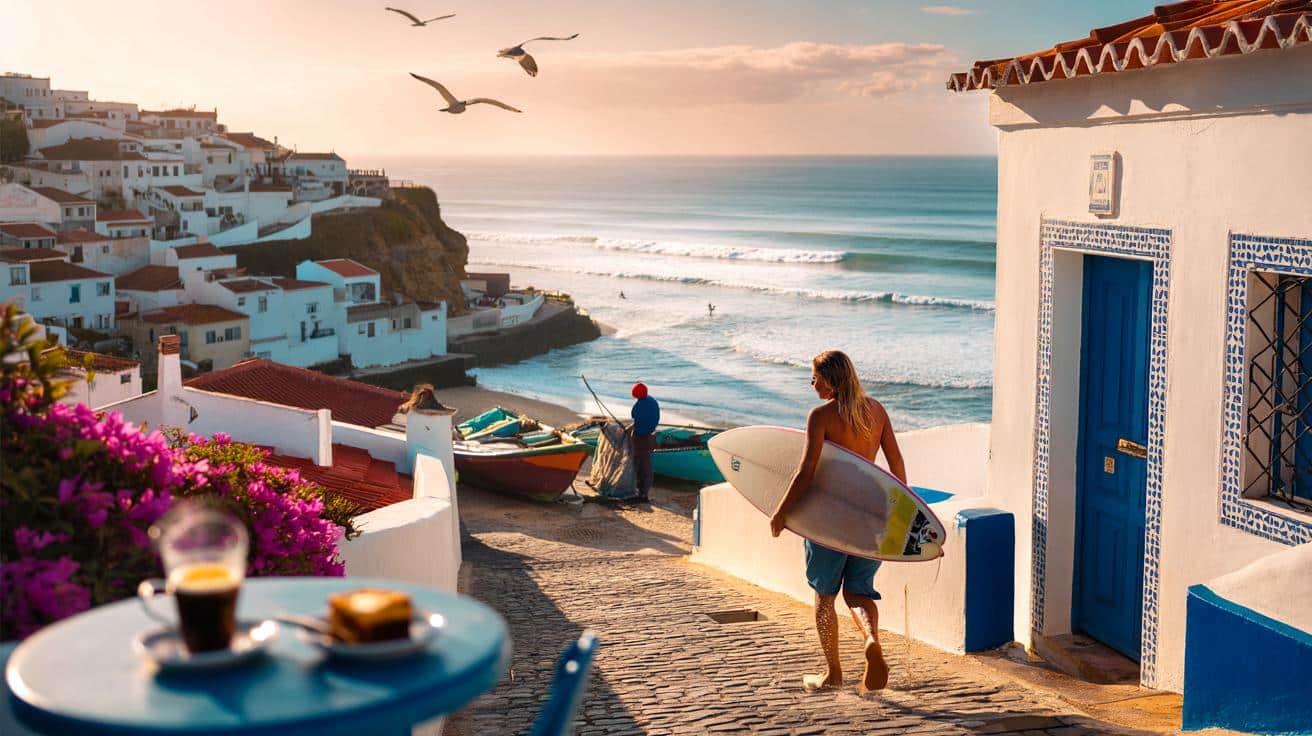
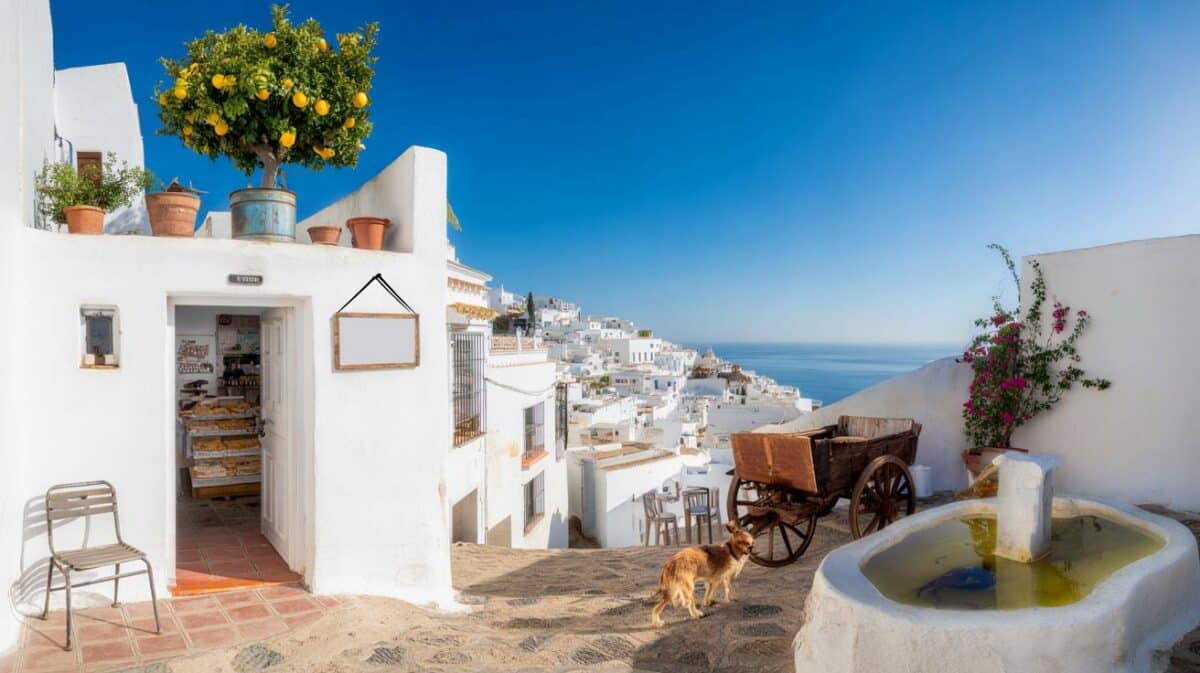
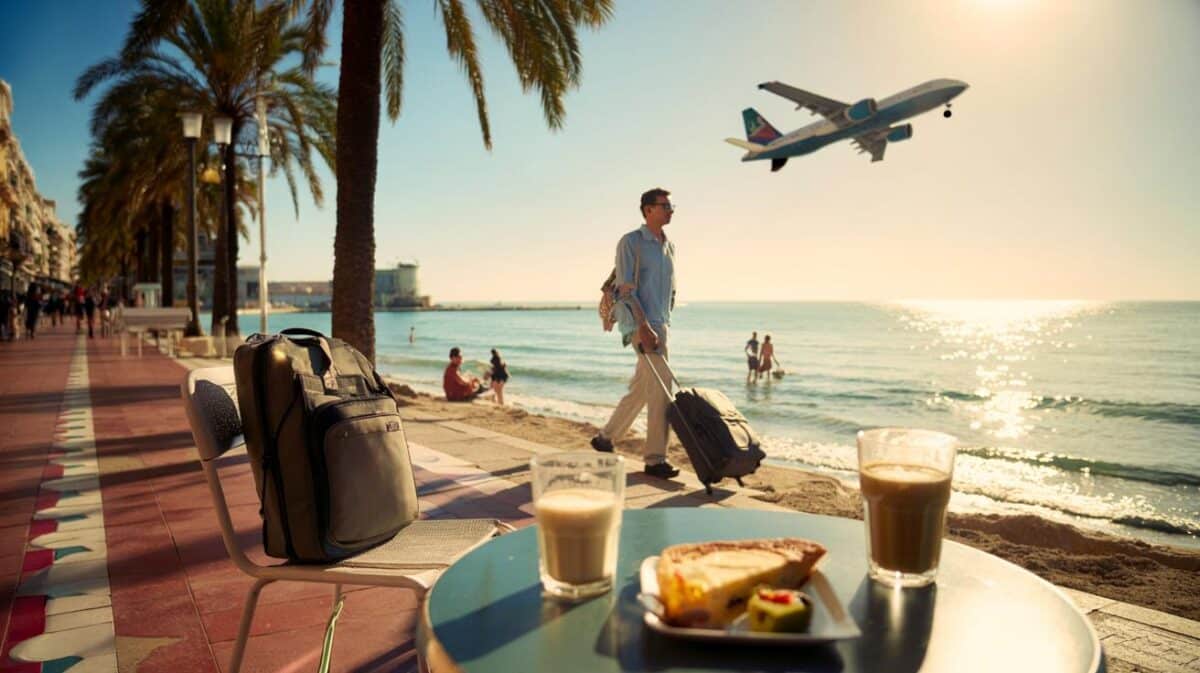
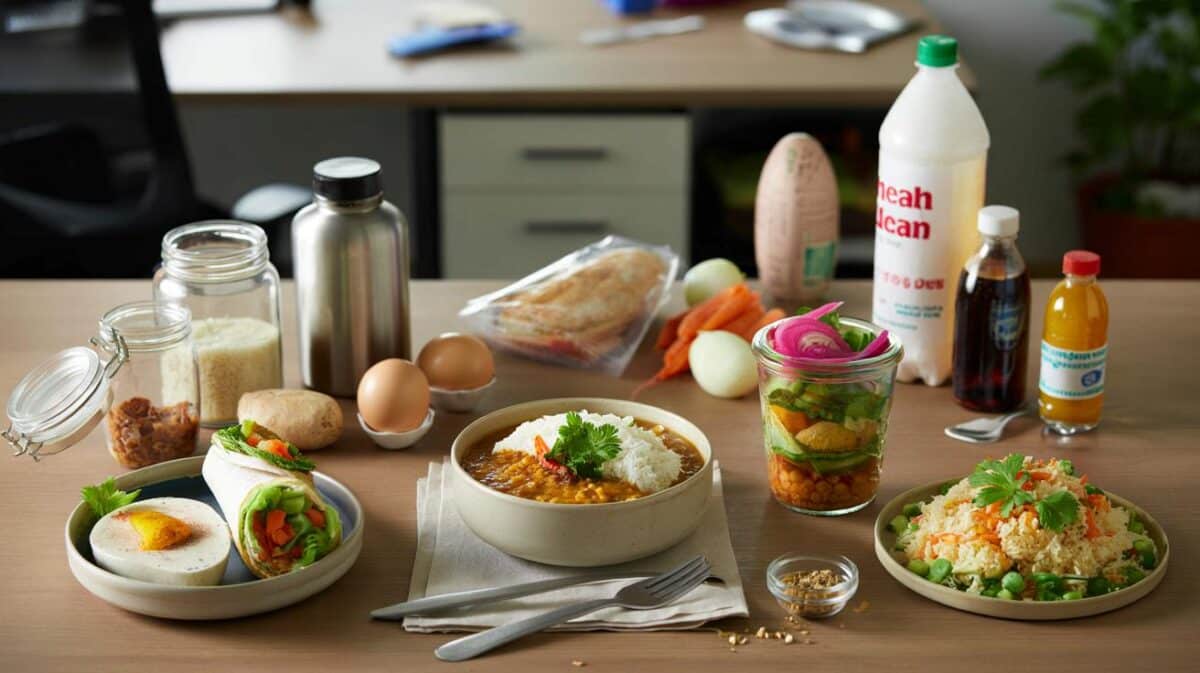

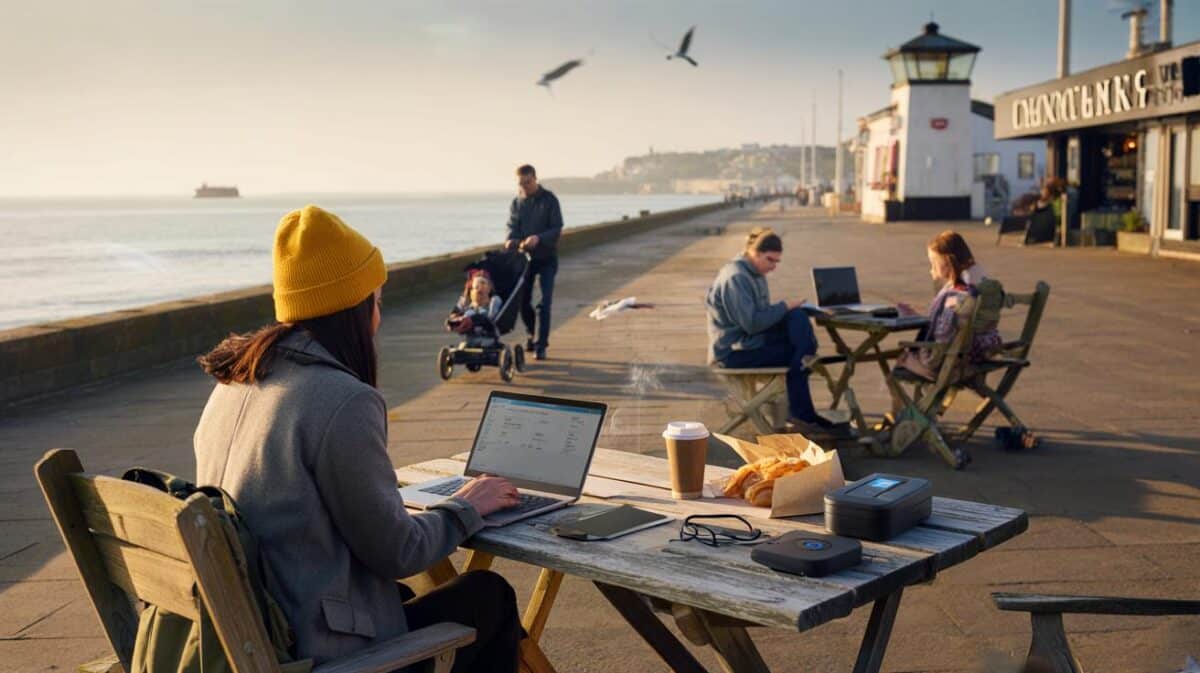
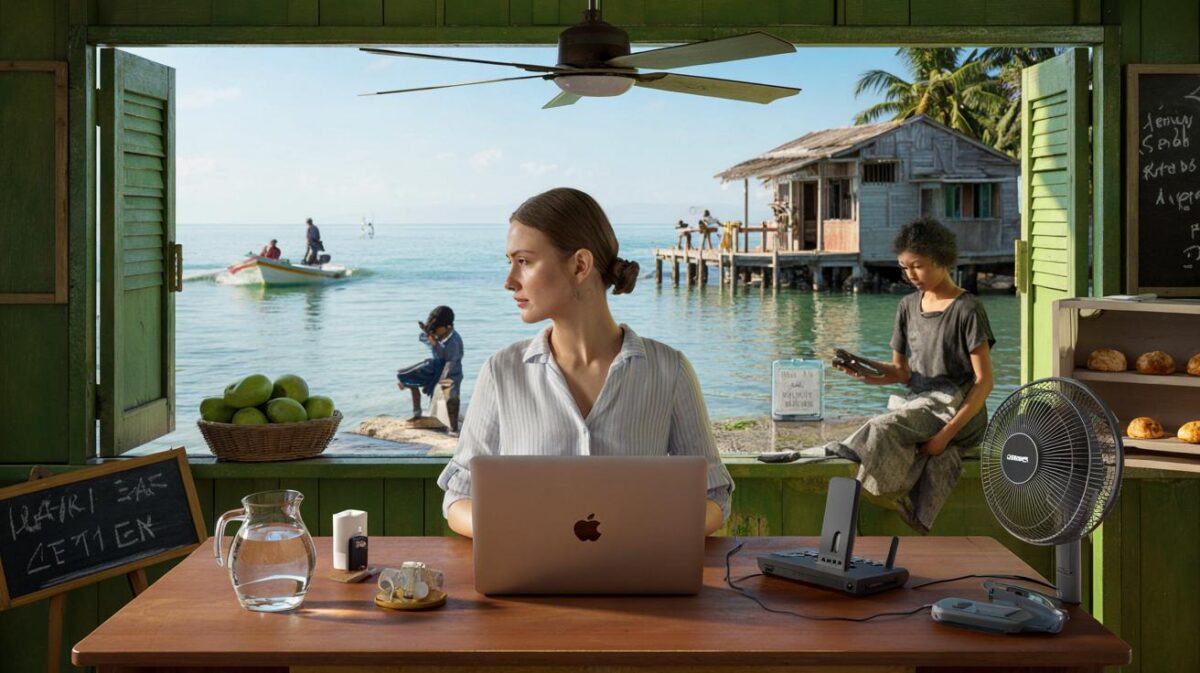


Booked a “soft-landing” week in late September because of this—wish me luck! 🙂 Any must-try marisqueiras and a cafe with romance (not routers) where a hotspot actually works?